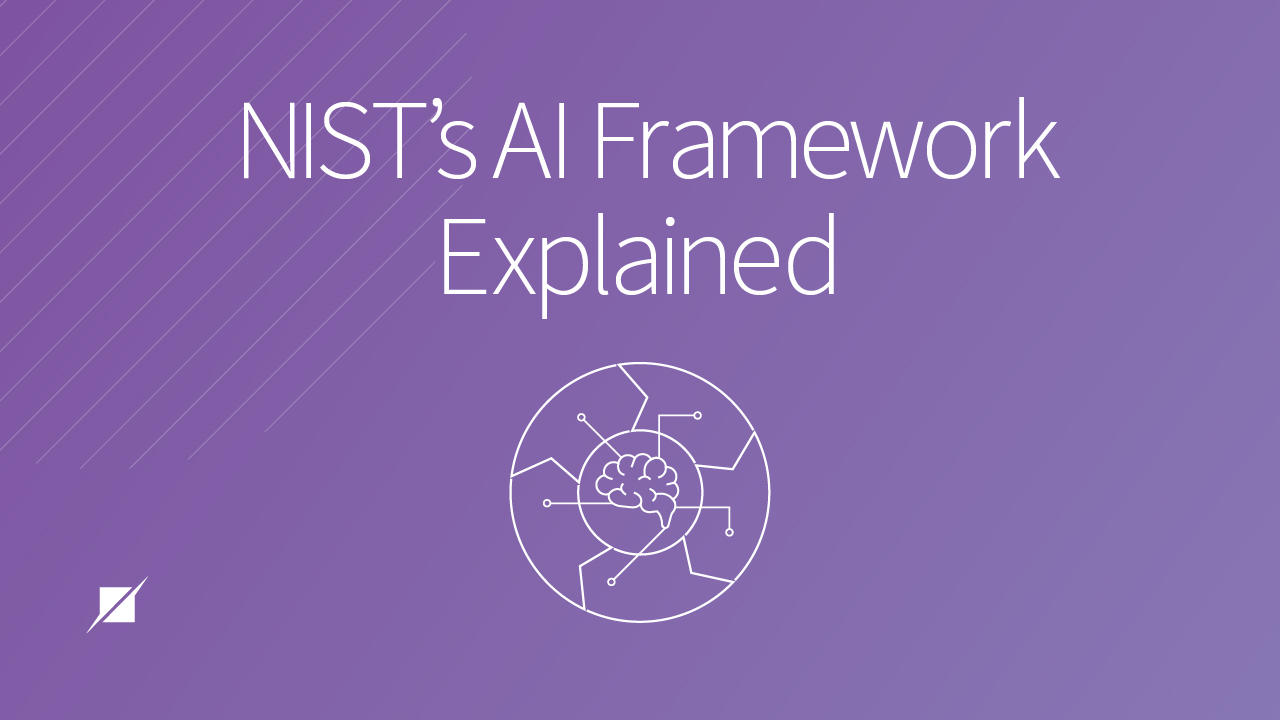In today's swiftly evolving business ecosystem, organizations face a variety of risks that can impact their prosperity and longevity. Ranging from cybersecurity threats to economic fluctuations, the ability to recognize and reduce risks has never been more important. This is where AI risk assessment tools come into play, delivering businesses a strong solution to tackle uncertainties with certainty. By leveraging the power of AI, organizations are now able to optimize their risk assessment procedures, allowing them to make educated decisions promptly.
The advantages of employing an AI risk assessment generator are considerable. Not just do these tools improve the precision of risk evaluations, but they also save valuable resources that would otherwise be utilized on manual assessments. With AI's ability to evaluate vast amounts of data rapidly, businesses can gain more profound insights into potential risks and customize their strategies in response. As we explore the future of risk management, it is clear that embedding AI into this process is not just helpful; it is crucial for staying competitive and adaptable in an volatile market.
Comprehending AI Risk Assessment Tools
AI risk assessment tools are innovative technologies designed to assess and control possible risks connected with a range of business operations. These tools employ sophisticated algorithms and machine learning models to examine large amounts of data, allowing organizations to detect vulnerabilities and foresee potential threats. By capitalizing on historical data and real-time information, businesses can gain a more detailed understanding of the risks they face in an ever more complex environment.
One of the most important advantages of AI risk assessment generators is their ability to manage information at speeds and scales that are unattainable for humans to match. This effectiveness allows for prompt risk evaluations, helping businesses stay one step ahead of possible issues. Additionally, these tools can continuously learn from new data inputs, boosting their predictive accuracy as time goes on. As a result, organizations can make educated decisions, allocate resources effectively, and implement proactive strategies to alleviate risks.
Furthermore, AI risk assessment tools offer a level of flexibility that traditional risk assessment methods often lack. Businesses can modify the parameters and criteria used in the assessment process to align with their unique operations and industry-specific challenges. This responsiveness ensures that the insights generated are applicable and practical, empowering organizations to focus on the most urgent risks that may influence their success and sustainability in the future.
Benefits of Using AI in Risk Management
The integration of artificial intelligence risk assessment generators into corporate operations presents several notable advantages, primarily via enhanced accuracy and effectiveness in risk evaluation. Conventional risk management methods frequently rely on manual data collection and analysis, which can be time-consuming and prone to human error. In contrast, AI tools utilize algorithms to process large amounts of data quickly, identifying potential risks with a level of accuracy that would be challenging for human analysts alone. ai risk assessment generator improved accuracy allows businesses to make more informed decisions, reducing the likelihood of unexpected setbacks.
Additionally, a significant benefit is the ability of AI risk assessment tools to offer real-time insights. Businesses operate in fluid environments where risks can evolve swiftly due to market changes, regulations, or external factors. AI systems constantly monitor data streams, allowing companies to receive immediate updates on risk levels. This agility not only helps in identifying emerging threats but also empowers organizations to take proactive measures before issues escalate, thereby safeguarding their assets and reputation.
Furthermore, using AI in risk management fosters a culture of innovation and adaptability within organizations. By streamlining the risk assessment process, teams can redirect their focus from mundane evaluations to more tactical initiatives. This shift encourages creative problem-solving and allows businesses to explore novel opportunities with greater confidence. With AI tools handling the challenges of risk analysis, organizations can adapt to change with ease, ensuring they remain viable and resilient in an always changing marketplace.
Implementing AI Risk Evaluation for Your Organization
Integrating a risk evaluation tool powered by AI within the business operations can be a significant advancement aimed at enhancing choices and reducing risk factors. Start by identifying essential sectors within your organization that are susceptible for challenges, including financial management, adherence to regulations, and workflow optimization. Once recognizing these aspects, one can employ AI technologies focused on risk assessment in order to examine past data as well as anticipate future vulnerabilities. Such a proactive strategy permits businesses to emphasize their risk management efforts efficiently.
Educating staff in the operation of these risk assessment technologies stands as vital for proper functioning. Verify that employees grasp how to interpret the insights generated by these tools as well as how to convert them into implementable tactics. Ongoing educational meetings as well as training sessions play a role in building an environment of collaboration in which employees can share their experiences and gain insights from each other. The shared knowledge is going to boost the efficiency of the AI system while also add to a culture of risk awareness in the business.
Finally, continuously assess as well as revise your risk assessment processes to keep pace with evolving business landscapes as well as technological advancements. AI risk assessment generators can learn and evolve with emerging data in the long run, making them invaluable in prolonged risk oversight. Establish a schedule to evaluate AI-generated assessments and findings, to guarantee that your company continues to be nimble and capable of responding to emerging challenges. By committing to this persistent effort, not only will you secure your business but additionally position it for ongoing success and resilience.

